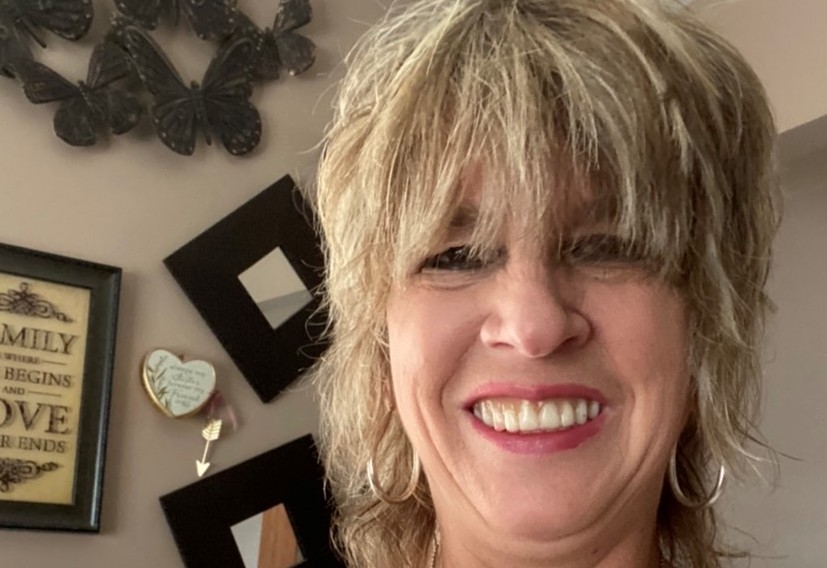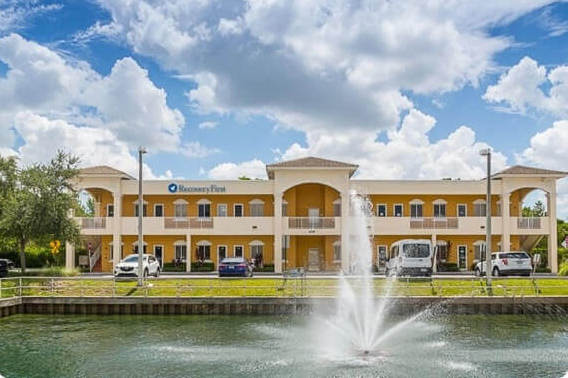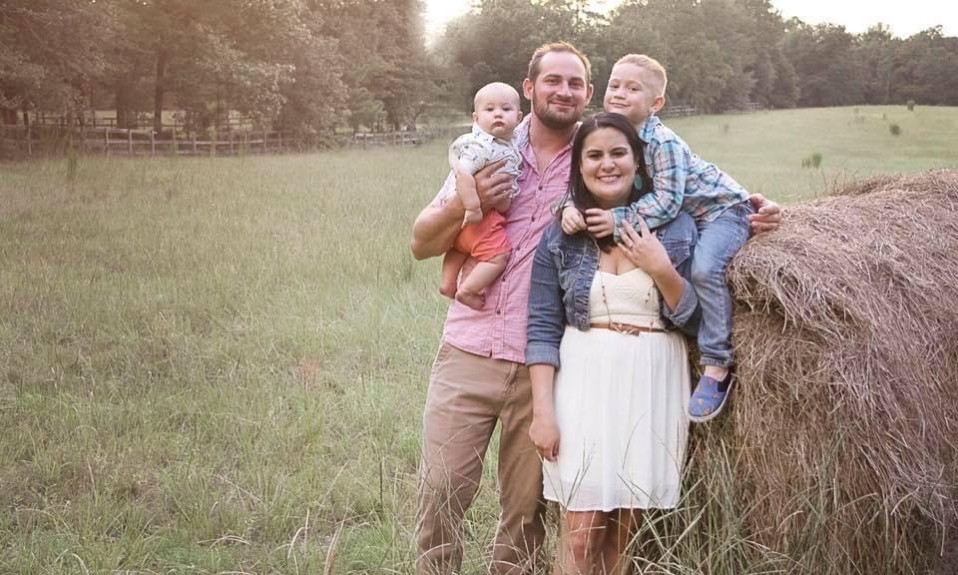This sponsored content is produced for Gateway Foundation by Treatment Magazine Content Studio.
By KC Vaus, Treatment Magazine Content Studio
Gateway Foundation, the largest U.S. non-profit addiction treatment provider, knows that men and women can experience addiction differently and tend to misuse substances for different reasons. They also know—no surprise here—that treatment solutions therefore have to offer uniquely personalized approaches for men and women seeking help and support.
As Gateway’s website explains: “There are significant differences in how men and women interact with drugs and alcohol. They develop addiction differently, have different habits when in active addiction, and handle relapse differently. For example, women tend to misuse drugs in response to emotional pain and mental health conditions, while men are more likely to start abusing substances in groups. Men often begin using as a way to fit in and to exert their masculinity.”
To address this treatment gap, Gateway created The Triumph Program, a special track. “See a need—fill a need,” says Mercedes Kent, LCSW CADC, clinical supervisor at Gateway and head of its program. “It was obvious that there was a real need in the community for a program like this.”
How Gateway Personalizes Male Treatment
For years, Kent saw professional men struggling to make a choice between career and recovery. “In that impossible contest, career often won,” she says. Kent and her colleagues at Gateway were frustrated with the lack of options for half of the treatment community: men.
In response, Gateway devised a program uniquely offering high-achieving men healing tailored to their specific needs. It also offers a path where type-A men can experience the benefits of inpatient care without losing momentum at work, school or even in competitive sports. These men often report feeling that they can’t afford to take time off from their obligations—yet they must take care of themselves and perform at their best in their high-profile jobs and everyday responsibilities. Triumph helps them bridge that divide.
Since the program was launched a year and a half ago, Kent has seen strong demand for the 22-bed residential addiction and mental health track. It offers a solution to long-standing needs of professionals, executives, graduate students, athletes, and other men, she says.

What Does Male-Oriented Treatment Look Like?
Gateway’s singularly targeted male-focus program really “works,” says Kent. “At Triumph, men are expected to continue to maintain connections with their professional obligations, while completing the same state-of-the-art, evidence-based treatment that all Gateway patients receive.
That means regular access to computers, professionally appointed telecommuting spaces, and excellent wi-fi. Their rooms include flat screen TVs. The upscale communal environment include a pool table, a Super Bowl-worthy media center and chef-cooked meals. A well-loved resident therapy dog roams the halls cruising for belly rubs and treats.
The program also included individual coaching for work-life balance and personal issues connected to each person’s addiction triggers and history.
“This is not cookie-cutter treatment,” Kent says. Like all Gateway clients, Triumph participants can access nine different yet complimentary, evidence-based modalities. These include:
- ACT (acceptance commitment therapy)
- DBT (dialectical behavioral therapy)
- CBT (cognitive behavioral therapy)
- Dual diagnosis treatment
- MAT (medication-assisted treatment)
- Mindfulness-based sobriety
- Trauma therapy
- MI (motivational interviewing)
- 12-step facilitation
Plus, Triumph clients attend group counseling and one-on-one counseling while completing individualized treatment plans centered around their personal and professional goals. All of this while holding down their work and home commitments, says Kent. It’s a truly holistic approach.
Tracking Success Beyond Triumph
For program supervisors like Kent, the approach’s personalization and flexibility are key to getting type-A men on the road to recovery—and keeping them there. “You have to have a diverse range of treatment options for professionals,” Kent says. “We want to be able to reach everyone we work with. Not everybody learns or absorbs material in the same way. Being multi-modal allows us to assist every client in the way that works best for them. That’s real patient-centered care.”
Being patient-centered also means the support doesn’t end when residential treatment is complete. Through individualized aftercare plans, Gateway stays in touch with Triumph alumni well after they go back home and to the office. This includes follow-up coaching, a supportive recovery app, and virtual or in-person outpatient care if needed.
“I just had someone walk into my office. On Tuesday, they will be one-year sober,” Kent beams. “We love to see our clients succeed.”














